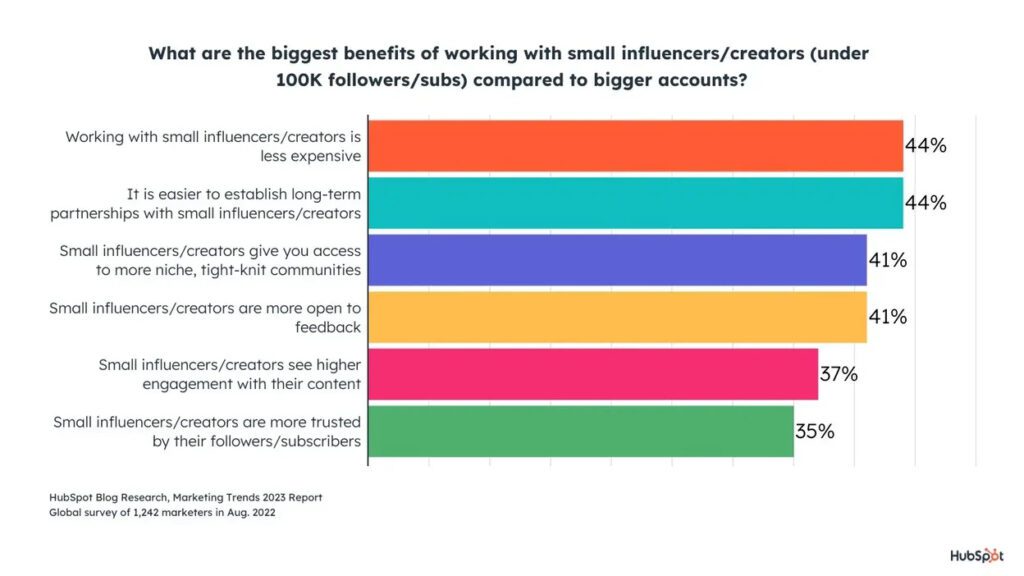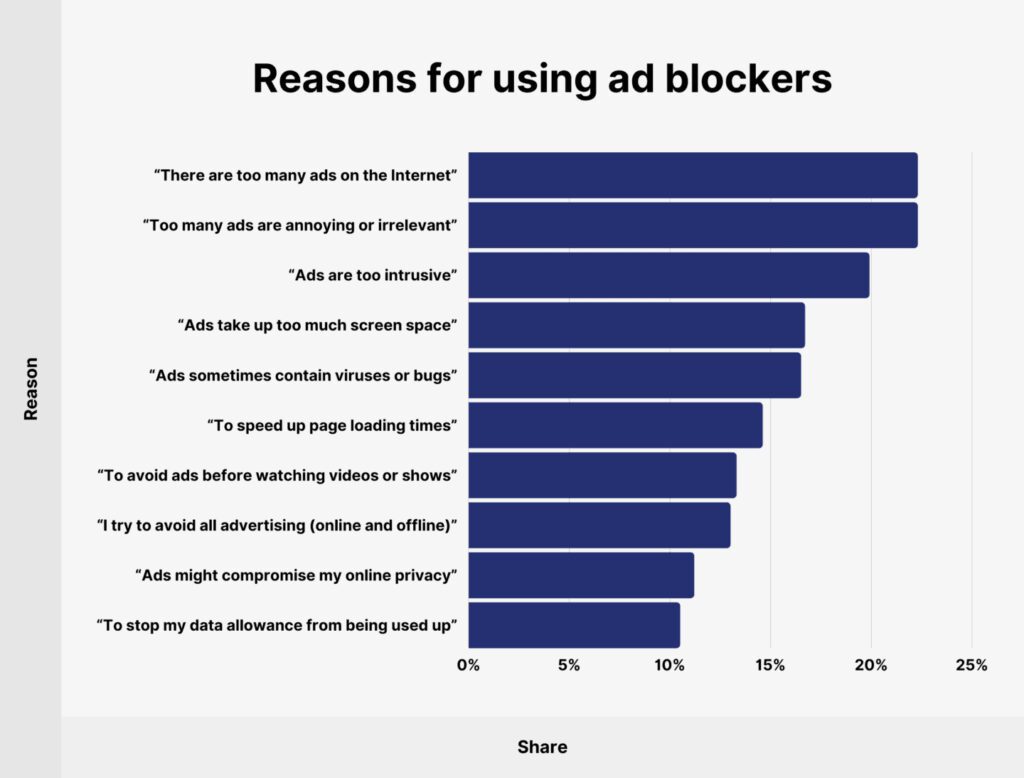How Influencer Ads Can Solve Your Content Marketing Problems

Influencer marketing is when a brand collaborates with popular social media content creators or media personalities who have a social influence in the same niche as the brand due to their industry knowledge and loyal following.
The influencers use their social media platforms to advertise the brand’s products or services through content they are free to create themselves, within a set of guidelines such as mentioning the content is an ‘AD’ or that the product was ‘gifted’.
For example, the perfect person to advertise for a cosmetics company targeting the younger generations is an influencer who is popular for her makeup vlogs on YouTube, has extensive knowledge of skincare, and promotes the products she uses as part of her ‘skin care routine’ videos.
Some other industries that can benefit from influencer marketing are travel, clothing, shoes, makeup, hair care products, gaming, fitness, household items, and pet products.
An influencer ad may appear as an Instagram story, a Facebook post, or a YouTube or TikTok video. 72% of marketers listed Instagram as one of the social media platforms they work with influencers on. It was followed in popularity by TikTok, YouTube, and then Facebook. They are often able to offer their followers a discount code for the brand.
Here are five problems that content marketers face and how influencer marketing can solve them.
Lack of Brand Authenticity
Brand’s are seen as authentic when their marketing messages align accordingly with the reality of its products or services, values, and actions. This helps build trust and loyalty with potential and existing customers.
However, 37% of consumers trust influencers over brands because influencers have already established a sense of authenticity with their audience and followers, so their content seems less like a sales pitch and more like trusted advice from a friend.
Influencers can independently create content and control the message they want to portray to their followers about a brand’s products or services, so the advertisement is real and not just aimed to generate leads and sales.
For brands, collaborating with influencers can provide your intended target audience with authentic, credible and trustworthy content about your offerings.
Being Unable to Reach Niche Audiences
A niche audience is a segment of a brand’s primary audience with specific needs and interests. A brand can approach each group with more targeted content by segmenting their audience and carefully selecting influencers who have a niche audience within your industry.
When an ad targets relevant audiences who are already interested in the type of products or services your brand offers, it ultimately increases organic traffic and sales as these niche audiences are often engaged and responsive.
80% of influencer marketers work with smaller content creators and influencers who have under 100,000 followers, whilst just 16% work with celebrities who have over a million followers. This approach is a great way to increase the likelihood of reaching consumers who are genuinely interested in your brand’s offerings due to an influencer’s niche and loyal following.
For example, Northern Ireland-based company Bbold Tan works with local beauty and fashion influencers including Maria McAvoy and Erika Byrne who have 2,316 and 2,073 followers respectively.
Lack of Brand Awareness
Influencer marketing is a robust tool for building brand awareness, and it all comes down to influencers having the ability to generate curiosity and conversations about new products or services by using them for personal use.
When influencers share content using a brand’s products, their followers are more likely to pay attention to their opinions, which creates a positive association in the minds of consumers who trust the influencer.
For example, a travel influencer using and positively promoting a handy hold-all with a charging cable is the type of content that is highly likely to go viral and therefore, create awareness of the travel accessory brand.
The Increased Use of Ad Blockers
The use of ad blockers has been on the rise since the peak of COVID-19 when marketers took advantage of lowered advertisement prices. Now, 42.7% of global internet users currently use some form of ad-blocking software to avoid being bombarded with irrelevant ads.
Marty Krátký-Katz, CEO of Canadian ad-filtering company Blockthrough, said: “If [an] abysmal ad experience makes me turn on an ad blocker, that impacts every publisher, not just the one who actually caused the problem and pushed me over the edge.”
For brands, influencer marketing is the solution, as consumers with ad blockers will still willingly scroll through social media content and consume an influencer’s advertisement.
Low SEO Ranking
Search engine optimization (SEO) ranking refers to a website’s position on the search engine results pages when a consumer searches for something. The higher the page’s link appears in the search results, the more likely it will be seen, leading to increased traffic and visibility.
An influencer’s industry knowledge, personal insights and perspectives all help Google and other search engines see that their content is valuable and trustworthy. Therefore, your brand’s content will be ranked higher in the search results after collaborating with the right influencer.
In addition to this, when influencers promote or advertise a brand, they often include links to the brand’s website or social media profiles. These backlinks, combined with an SEO agency implementing a guest blogging and link-building strategy, can also improve a brand’s search engine rankings and drive organic traffic.
Conclusion
There are many more challenges for content marketers than the five above, but establishing relationships with the right influencers can bring tremendous value to a brand whilst driving leads and sales.
Whilst you may send your chosen influencer free products, an influencer marketing strategy is usually a pretty cheap form of advertising unlike billboards of television adverts.
It is essential for brands not to confuse influencer marketing with celebrity endorsement. Influencers are trusted figures within their niche and retain a loyal following of interested audiences, whilst any popular celebrity can be hired to endorse or be the face of a brand. For example, Chanel and Lily-Rose Depp, Coach and Dove Cameron, and Under Armour and Steph Curry.
If you are considering implementing an influencer marketing campaign for your brand, ask yourself these questions:
- Who are the right influencers in your niche with knowledge and values that align with your brand?
- Do your chosen influencers have a loyal following of the target audience your products or services are aimed at?
- Who are your best employee advocates to reach out and build trusting and lasting relationships with your chosen influencers?
Thoughtfully answering these questions puts you on the right path for a successful influencer marketing strategy and helps your brand build valuable relationships with people who have the power to influence your potential customers.



